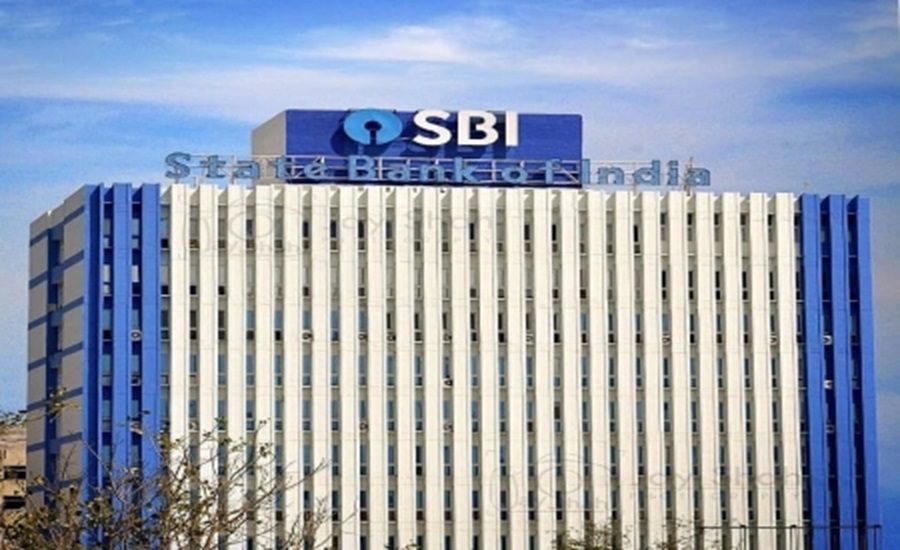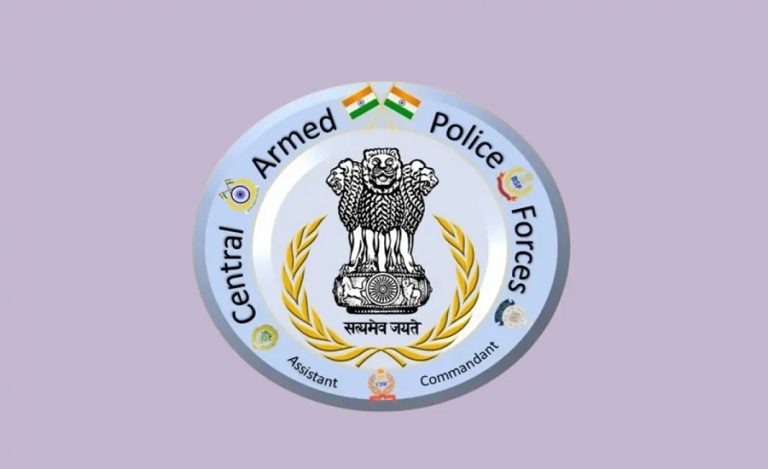The Finance Ministry has asked 15 PSU banks to explore IPOs or stake sales of their subsidiaries and joint ventures. The move aims to unlock capital, improve governance, and deepen investor interest in public sector banking assets. Concerns have surfaced over the scalability and valuation of these subsidiaries, but analysts believe banks may respond selectively.
SBI’s Ecosystem May Yield the Biggest Value
“Not every subsidiary is IPO‑ready … the real unlocking lies with SBI’s ecosystem,” said a senior Mumbai banker.
- SBI stands out with a suite of profitable arms—Mutual Fund, Life, General Insurance, and Payments.
- SBI Mutual Fund, with ₹11 lakh crore in assets under management, is valued at around ₹96,700 crore.
- SBI General Insurance recorded a ₹509 crore net profit in FY25.
- SBI Payments, in which SBI holds 74% and Hitachi 26%, processes over 33 lakh merchant transactions.
Additional PSU Banks Poised to Follow
Canara Bank plans to take Canara Robeco AMC public and dilute its 14.5% life insurance JV stake.
“IndiaFirst Life, Baroda BNP AMC … could emerge when they scale,” noted Nirav Karkera of Fisdom.
Yet, many subsidiaries still lack enough scale or suitable JV structures for IPOs.
Regulatory Caps May Limit Full Monetisation
SEBI mandates PSU banks retain 85–90% control post‑IPO. That restriction could limit monetization efforts, especially for smaller subsidiaries. By contrast, PNB MetLife—where PNB holds a 30% stake—offers less monetization potential under existing structures.
Market Lift from Financial Sector Momentum
The PSU listing drive aligns with rising SIP flows, robust credit demand, and improved valuation in financial services. “Every time strategic divestment slows, focus shifts to PSBs,” said a Mumbai banker.
Despite LIC’s low valuation, analysts say the current window favors financial listings.
Healthy PSU Fundamentals Support the Move
PSU banks reported strong FY25 results:
- Combined net profits rose 26% to ₹1.78 lakh crore
- Net NPA ratio declined to 0.52%
- These gains have fueled an 18% YTD rally in the Nifty PSU Bank Index.
“If done right, these listings could trigger a meaningful rerating,” said Trivesh D., COO at Tradejini.
About SBI
State Bank of India (SBI) is India’s largest public sector bank with a 23% market share in assets and 25% of total loans and deposits. Founded in 1955, it serves over 500 million customers via more than 22,500 branches, 63,580 ATMs, and 82,900 banking outlets. SBI is a Fortune 500 company and a statutory corporation under the Government of India. Its diversified business includes retail, corporate, treasury, investment banking, asset management, credit cards, and insurance through subsidiaries like SBI Life, SBI Mutual Fund, SBI Card, and SBI General Insurance.
Also Read: Bank of Maharashtra Partners with SBI Card to Launch Co-Branded Credit Cards




























